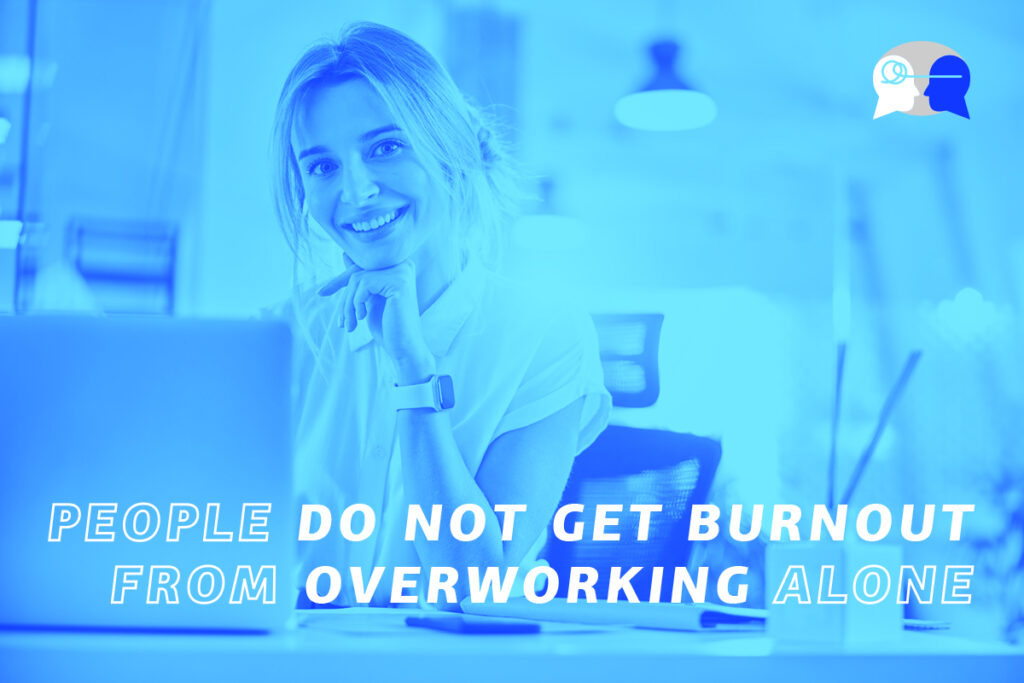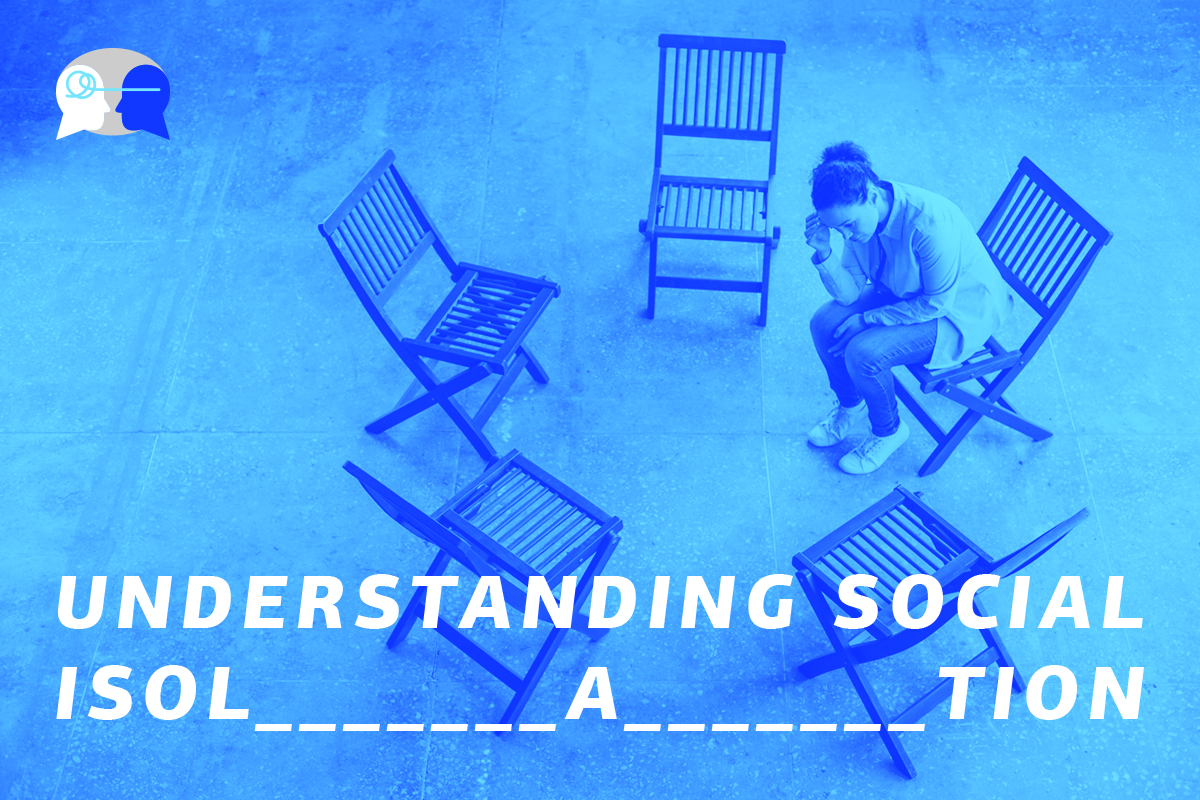Burnout is a term frequently associated with excessive work. However, it’s a misconception that burnout stems solely from overworking. While long hours can undoubtedly contribute, many other factors play an important role in the onset of this emotional, mental, and sometimes physical exhaustion. Here are some elements that contribute to burnout beyond just overworking:
Lack of Purpose: Without a clear sense of purpose or direction in one’s role, tasks become monotonous, leading to feelings of emptiness and fatigue.
Absence of Meaning: If one fails to see the value or impact of their work, it can result in decreased motivation and eventual burnout.
Insufficient Social Support: Humans thrive on connections. Without a supportive social network at work or home, feelings of isolation can intensify.
Unmanageable Expectations: Unrealistic or constantly shifting goals can cause chronic stress and feelings of inadequacy.
Lack of Autonomy: Feeling like a a small part in a vast system without having any control over one’s tasks can be demoralizing.
Value Dissonance: A mismatch between personal values and organizational values can create internal conflict, leading to emotional exhaustion.
Inadequate Reward System: Lack of recognition, whether monetary, verbal, or non-verbal, can lead to feelings of being undervalued.
Absence of Work-Life Balance: Continuous blurring of boundaries between personal and professional life can create emotional strain.
Constantly Facing Negativity: Whether it’s from clients, customers, or even colleagues, continuously dealing with negative feedback or attitudes can wear one down.
Lack of Personal Growth: An environment, where there are no opportunities for personal or professional development, can cause feelings of being trapped and lead to burnout.
It’s essential to recognize that burnout is multifaceted. While overworking is a recognizable contributor, various other elements intertwined with our sense of self, purpose, and connection play equally significant roles. Addressing these factors holistically is the key to creating a healthier work environment and individual well-being.
Listening to Your Body: Early Warning Signs of Burnout
After understanding the myriad of factors that contribute to burnout, it’s crucial to recognize that our body often sends us early signals of the upcoming exhaustion. By tuning into these signs, we can take proactive steps to avoid full-blown burnout. Here are some signals and ways to pay attention to them.
Chronic Fatigue: Consistent tiredness, even after rest, indicates the body’s plea for recovery.
– Solution: Ensure adequate sleep, consider short power naps, and maintain a consistent sleep schedule.
Frequent Illness: A weakened immune system, leading to recurrent sickness, can be an early sign of burnout.
– Solution: Focus on nutrition, hydration, and consult a health professional if illnesses persist.
Increased Irritability: Unexplained irritability or mood swings may hint at emotional exhaustion.
– Solution: Practice mindfulness techniques like meditation and deep breathing exercises.
Cognitive Impairments: Difficulty concentrating or forgetfulness might be the mind’s way of signaling overload.
– Solution: Take short breaks throughout the day, simplify your workspace, and prioritize tasks.
Loss of Appetite: Not feeling hungry or skipping meals unintentionally is a sign the body is under stress.
– Solution: Set meal reminders and consider small, frequent meals to sustain energy.
Sleep Disturbances: Either insomnia or oversleeping can be indicative of stress and burnout.
– Solution: Establish a bedtime routine, minimize screen time before sleep, and maintain a conducive sleep environment.
In conclusion, the body often communicates its distress through various symptoms. While the solutions provided primarily address the symptoms, it’s essential to delve deeper to understand the underlying issues fully. For a more holistic understanding and personalized recommendations, consulting a professional can help discover the core reasons behind the body’s distress signals.





